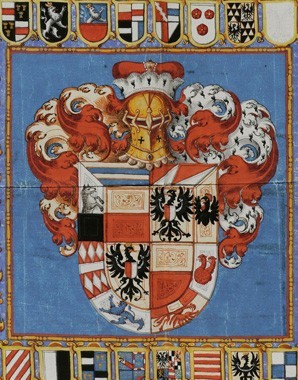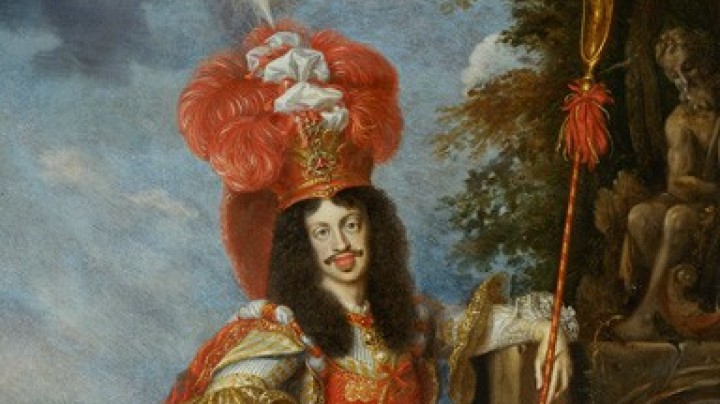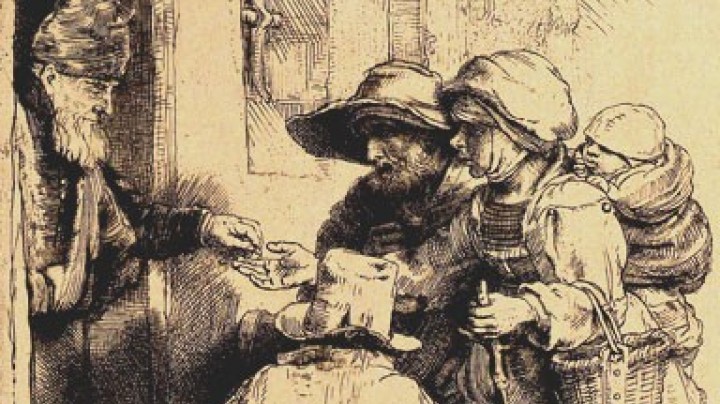Noblesse oblige – aristocratic career paths
Serving emperor and fatherland was obligatory for the nobility of the Empire. Many of the leading posts at Court, in the Church and the Army were reserved for the nobility, with noble birth guaranteeing entry into the upper echelons without the necessity of laboriously working one’s way up the rungs of the hierarchy.
The most prestigious positions were those close to the throne, with the zenith of an aristocratic career being the appointment as Obersthofmeister, the head of the emperor’s household and the highest post at Court. Incumbents of this post were regarded as the closest confidants of the Emperor, as his mouthpiece to the outside world, and functioned de facto as the head of government. Families who could boast an Obersthofmeister in their lineage belonged to the Olympus of aristocratic society.
In the administrative systems of the individual lands of the Empire, too, the nobility had a monopoly on the highest offices. In order to break the resistance of the provincial Estates, the loyal part of the nobility was favoured when appointments were made. With the aristocratic elite trimmed of its refractory members, it had a clearly defined share of power, thus making it a natural partner of the monarch. Even after the separation of Court and state administration that took place under Maria Theresa, leading to the emergence of a professional bureaucracy, some prestigious posts continued to be the preserve of the nobility.
Money also played an important role, over and above noble descent. Many doors were open to aristocrats with riches at their disposal, for some posts could by and large be had for the purchasing. The services to the imperial dynasty that were mentioned in the privileges of nobility could also consist of massive financial support for the House of Habsburg, which suffered from a chronic lack of money. A certain correspondence can be discerned between imperial debt and desired advancements in careers.
Diplomatic missions, which required much pomp, were also the domain of the cash-rich higher nobility. In addition to being able to put on the appearances appropriate to the position and one’s station, large financial resources were needed, as no adequate compensation for the expenses involved could be expected from the Viennese Court, which was usually heavily encumbered by debt.
Imperial service also offered the chance of social advancement. In a number of cases imperial favour enabled a newcomer from a middle-class background with aptitude and elegance to acquire fame, fortune and a sonorous title, for as a rule the emperor rewarded services rendered with an advance in rank. In contemporary parlance, these rivals of the old nobility created by absolute imperial power were referred to as Creaturen (creatures).
















